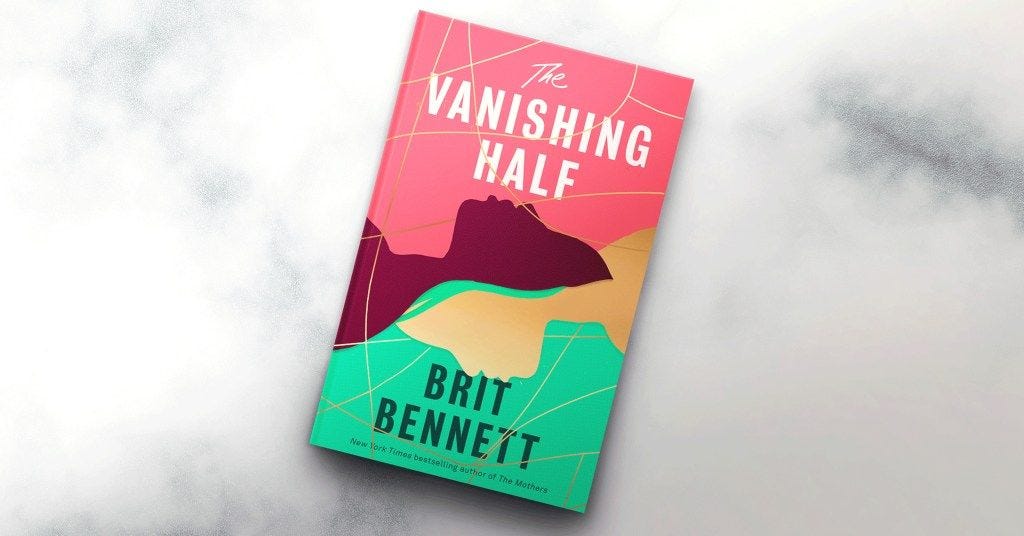Q&A with Brit Bennett

The Orwell Prizes for Political Writing and Political Fiction shortlists, released last month, highlight the finest politically engaged books published in 2020. Throughout June, we will be sharing Q+As with the shortlisted writers from both lists. To see the lists, visit our website here.
Brit Bennett is shortlisted for The Orwell Prize for Political Fiction for her novel 'The Vanishing Half' – which our judge said “confirms her astonishing grasp of the complexities of family life. This is a superb novel about race, belonging and the lure of the American dream.”
The book follows Black twins who grow up together in a small town, before one of them chooses to live their life as a white woman. As such, you focus on these huge issues of cultural identity and racial identity through the prism of one of the closest possible relationships (twins) – how important was this intertwining of the personal and the political for you?
I knew that I wanted to tell a story about a specific family growing up in a particular place, but I also knew that I was interested in larger questions of power and identity. So from the beginning, the personal and political were always intertwined at the heart of the story. I hoped to explore the lives of the Vignes family, and by doing so, explore bigger questions about what it means to slip from one life to another, particularly from a position of marginalization to a position of privilege.
Stella “performs” whiteness in the novel, and performance in various guises is important in the book. How much of contemporary political identity do you think is about performance?
I think we’re all performing at one point or another. I was interested in smaller moments of performing that we all do in determining the people that we want to be. But I was also interested in the way that race is performance. What does it mean that we live in a world with established racial hierarchies that determine our material realities, and yet race itself can be performed? Stella’s ability to perform whiteness both illustrates the fiction of race, and yet the fact that this performances changes ever aspect of her life speaks to the power that race still holds.
Who are the writers – fiction and non-fiction – you would say have (in Orwell’s phrase) “turned political writing into an art”?
I think all of my favorite writers take on big political questions: Jesmyn Ward, Dorothy Allison, James Baldwin, Toni Morrison, Zora Neale Hurston, and many others.



